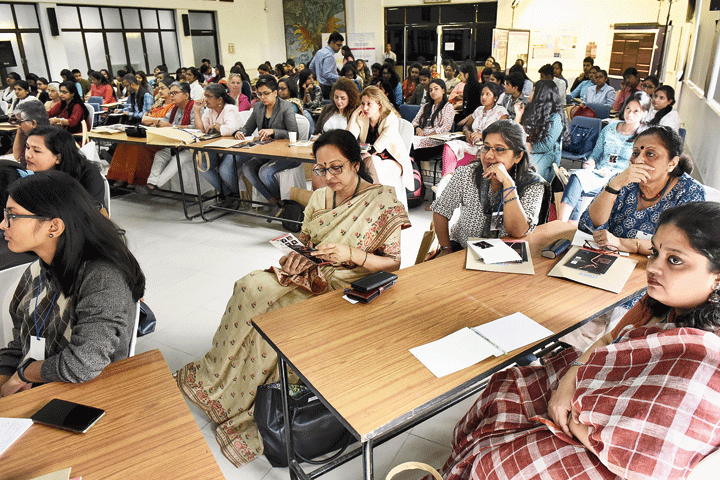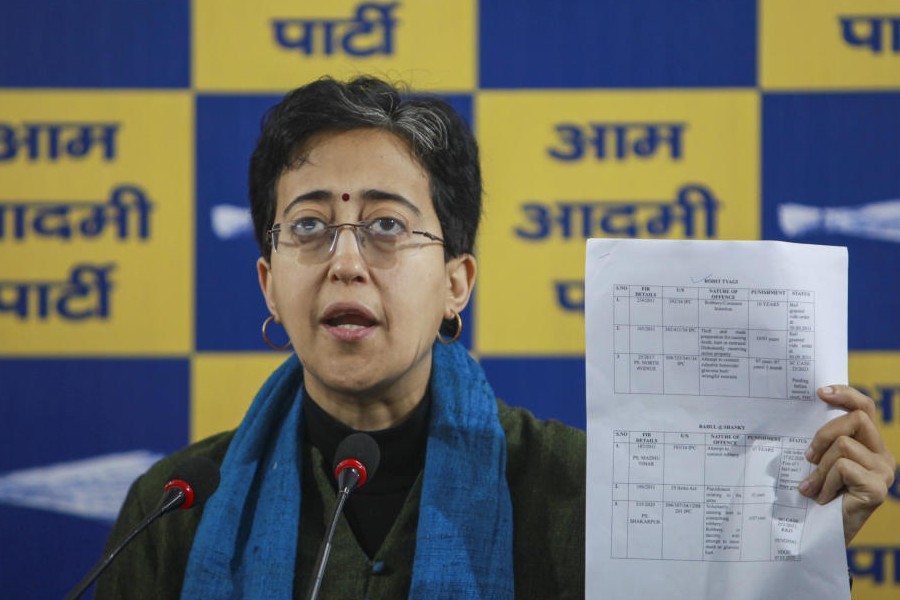Mothers are now more accepting of their teenage daughters not being in a committed relationship and they just ask them to be “responsible”, a psychiatrist has said.
Some even discuss contraception with their daughters, she said while speaking at the second COWAP international conference on “Women in Romance, Sex & Marriage” in association with The Telegraph at Modern Academy of Continuing Education (MACE).
Psychiatrist Rima Mukherji said in her mother or grandmother’s generation, marriage came first, then sex and then perhaps romance. Today, it can either be romance or sex or marriage and not necessarily all three, she said.
“The other development that is happening in India is that mothers are accepting that their teenage daughters, young adults, will not go by their definition of a committed relationship,” Mukherji, the founder of Crystal Minds, a mental wellness centre, said.
“Realising their daughters are in a physical relationship, a lot of mothers are screaming and shouting and throwing a fit. But there are some who are telling their daughters to be responsible and they are talking about contraception. This is something that is happening in very recent years and parents are changing their mindset, though reluctantly.”
COWAP, Committee on Women & Psychoanalysis, a wing of the International Psychoanalytical Association, London, collaborated with the Indian Psychoanalytical Society, Crystal Minds, and MACE to organise the conference over the weekend.
Parents’ relationship with their daughters has been changing over the years and they talk about certain things more openly now, a clinical psychologist said.
“When they go out to study, parents know they will have no control over them so they tell them to be responsible if they are in a relationship. Parents are now progressive and they want a career for their daughters so they will not keep them within the four walls,” the psychologist said.
“Parents have realised there is no point fighting... they have to accept it. Parents are now accepting same-gender relationships as well.”
Teenage pregnancy has happened through civilisations but parents or society have been in denial, Mukherji said. “Today some mothers are thinking differently.”
Dating has become a “status symbol” and many are dating young, she said. “They are being able to figure out if the person is a friend or a friend with benefits or somebody with whom they can think of having a committed relationship.”
Young girls are experimenting with relationships and it is not like previous generations when one had to marry the first person one dated, Mukherji said. A girl could not be seen hanging around with a lot of guys before she settled down. Now, they hang around, they are breaking up and moving on, she said.
The conference saw speakers addressing the challenges that marriage as an institution is undergoing in response to the huge transition in time and how the claims of same-gender relationships are affecting conventional heterosexual marriage and family structures.
“The purpose of the conference is to create an interdisciplinary platform, which gives the opportunity to look at not only clinical aspects but also other areas like social sciences and gender studies to understand the construct of the feminist,” Jhuma Basak, the convener of COWAP, said.











